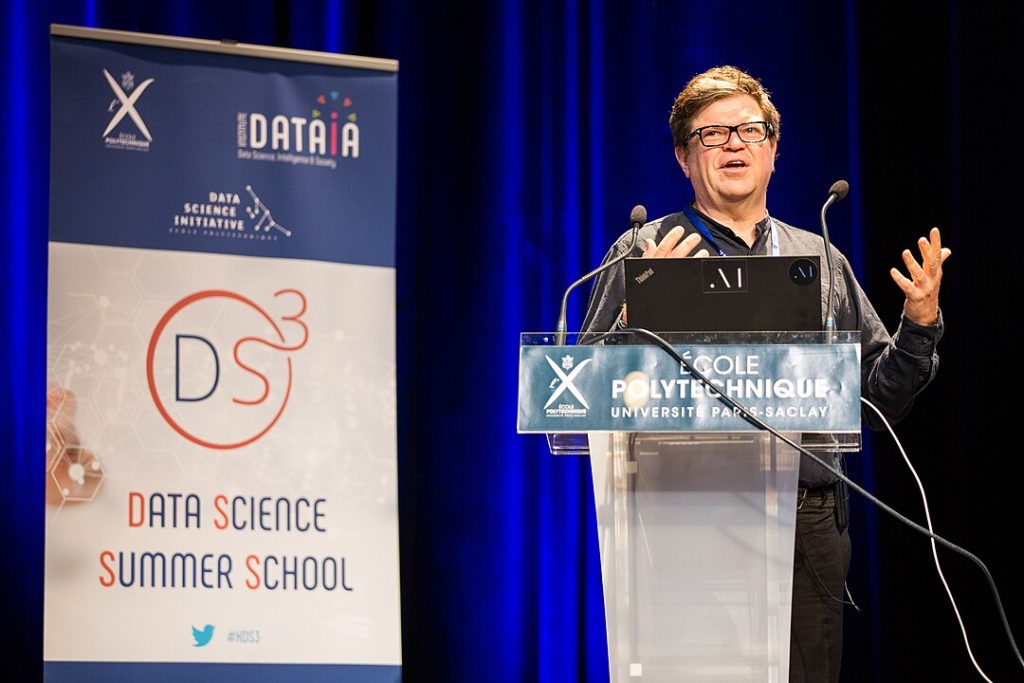Yann LeCun, one of the most influential figures in modern artificial intelligence, is leaving Meta after more than a decade to pursue a new venture that he says will push the field into its next era.
Others are reading now
Yann LeCun, one of the most influential figures in modern artificial intelligence, is leaving Meta after more than a decade to pursue a new venture that he says will push the field into its next era. His departure marks a significant moment for the company’s research arm, already in flux after a year of internal restructuring.
LeCun, who also teaches at New York University, joined Meta in 2013 to lead its Fundamental AI Research team and later became the company’s chief scientist for AI. He is widely regarded as a pioneer of deep learning, sharing the 2019 Turing Award with Yoshua Bengio and Geoffrey Hinton for their foundational work on neural networks.
A new mission
In a LinkedIn post on Wednesday, LeCun announced that he is leaving Meta to create a new AI company focused on what he calls “Advanced Machine Intelligence.” The startup will collaborate with Meta, he noted, but will pursue a different technological direction.
According to CNBC and Euronews reporting, LeCun wants to build systems that understand the physical world—not just patterns in text. He argued that future breakthroughs will come from AI that can form “world models,” hold long-term memory, reason through problems, and plan multi-step actions.
“The startup’s goal is to bring about the next big revolution in AI: systems that understand the physical world, have persistent memory, can reason, and plan complex sequences of actions,” he said.
Also read
A split with Silicon Valley’s LLM obsession
LeCun’s exit follows a turbulent period inside Meta’s AI division. After the release of the fourth version of its Llama language model failed to meet developer expectations, the company reshaped its research teams and priorities.
The shift also highlighted a deeper philosophical divide. While Meta, OpenAI and other major labs have funneled billions into large language models and scale-driven approaches, LeCun has increasingly argued that LLMs alone cannot lead to artificial general intelligence.
He and other deep-learning researchers say that today’s dominant models still lack an understanding of the physical constraints and causal structures that govern the real world. Without new architectures, they argue, progress toward human-level reasoning will stall.
A return to fundamentals
LeCun’s career has long focused on bridging perception, understanding and reasoning — areas he believes must converge to achieve the next leap. The company he is now building aims to re-center AI research on models that learn from more than web-scale text.
His departure from Meta underscores both the uncertainty and ambition shaping the industry. Whether his approach will redefine the field again remains to be seen, but the move signals that debates over the limits of current AI architectures are far from settled.
Also read
Sources: CNBC, Euronews.com


